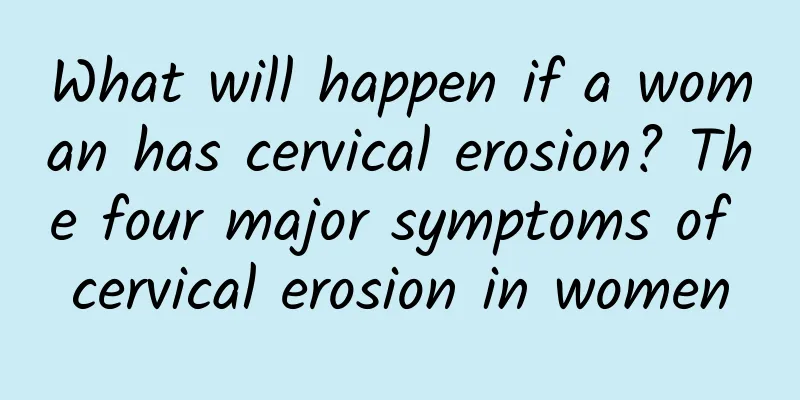What should I do if I have congenital vaginal insufficiency?

|
Analyzing the dietary taboos of congenital absence of vagina is to help everyone actively prevent the occurrence of this disease. So what are the dietary taboos of congenital absence of vagina? With this question, we consulted relevant experts, and the experts gave the following suggestions. The dietary taboos for patients with congenital absence of vagina are as follows: 1. Two weeks after the operation, no matter how well you recover, the body's resistance is still relatively weak during this period, and the chance of inflammation still exists. Therefore, you should avoid some irritating foods, such as fish, shrimp, beef, mutton, dog meat, etc. 2. Patients should not eat too much difficult-to-digest food after surgery, because the patient's body is still relatively weak at this time. The main thing is to think about how to recover quickly, so it is necessary to take food with a variety of nutritional combinations. 3. Avoid eating fried, pickled, raw, cold, greasy, and smoked foods. Also, please note that it is best not to eat too much spicy and other irritating foods. Regarding the dietary taboos for congenital absence of vagina, we must actively go to a regular hospital for treatment based on our actual situation, so as to ensure everyone's health to the greatest extent. |
<<: Healthy diet tips for patients with congenital absence of vagina
>>: Food method after congenital vaginal phototherapy surgery
Recommend
Can you get pregnant with endometriosis?
It is possible for women with endometriosis to co...
Why is chronic pelvic peritonitis prone to recurrence?
Pelvic peritonitis is a common and frequently occ...
What causes left ovarian cyst?
Ovarian cysts have become a high-incidence diseas...
Does hyperprolactinemia affect pregnancy?
Prolactin is a protein hormone secreted by the pi...
Expert introduction: The reason why unmarried women develop adnexitis
Regarding the cause of adnexitis, it is generally...
More attention should be paid to the nursing work of ovarian cysts
It is very important to take good care of ovarian...
Analysis of common clinical vaginitis symptoms
In our lives, it is extremely important to clearl...
How can women prevent adnexitis?
How can women prevent adnexitis? As one of the co...
How much do you know about the common causes of adnexitis?
Adnexitis is a disease that seriously harms women...
When is the ovulation period if the menstruation comes on the 30th?
A while ago, my best friend and I went to the hos...
Is surgery for cervical erosion harmful to the body?
Surgery for cervical erosion generally does not c...
Can I still have sex if I have pelvic effusion? Will it be contagious to men?
Whether the disease is contagious is a concern fo...
Which women are prone to cervical hypertrophy?
Which women are prone to cervical hypertrophy? Wo...
How does hyperprolactinemia develop?
Hyperprolactinemia is not a very common disease, ...
Eat the "Golden Triangle" to stay away from cardiovascular diseases
Due to changes in people's lifestyles and eat...









